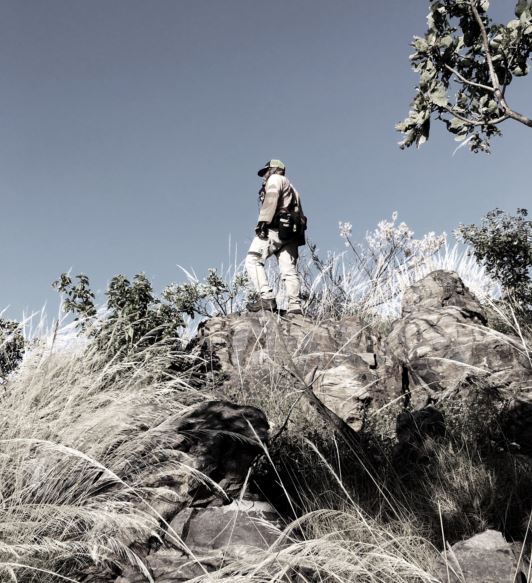“Luminous beings we are, not this crude matter” – Yoda
The ego is all that separates us from knowledge of who we truly are. I have heard something along these lines many times; it is the nature of duality, the illusion of separation of self from the source. As a Jedi I view it as the perceived separation from the Force, we believe ourselves to be separate egos and the fear, anger and chaos that the illusion of separation engenders leads to conflict and competition.
Yoda said “Luminous beings we are, not this crude matter”, although a fictional line in a movie it contains the very essence of the idea of the illusory nature of separation and our material existence. We are more magnificent than can be imagined, we have simply forgotten who and what we are in this grand cosmic game and are ruled by the Ego. The Ego is only an illusion, a construct that arises from the confusion as to who and what we truly are.
Many traditions and religions teach that death leads to the end of the Ego and transcendence of the soul to unity with the spiritual source. While the spiritual dimension of Jedi philosophy is best left to be resolved by each practitioner at the personal level, the concept of Ego and the Force as it relates to our time on this plane is central to Jedi Philosophy. In order to be Jedi one must confront the Ego and push it to the background rather than letting it dictate thoughts, words and actions.
Imagine no Ego
If the Ego is simply a mask, a veil against our divine nature and a filter through which intent, thoughts, decision, words and actions are made then it makes sense that the Ego can be pushed back and even made irrelevant in our lives. Imagine a life without the influence of the Ego? For me there would be no more selfish decisions that centered on what was right for me. I would be more inclined to do what is in the benefit for everyone.
There would be no more need for conflict as I would be able to make greater concessions and negotiate outcomes without feeling cheated or short changed. My relationships would be better and I would be happier in being of greater service to everyone. My life would be about service and sharing for the sake of it, not for some tangible return although I would be richly rewarded in the pleasure that would bring.
I would not need to lie, cheat, avoid situations, hide facts, fear the future or regret the past I would be able to live in complete serenity and equanimity from moment to moment accepting life on life’s terms and being able to forgive and let go of any residual pain. This all sounds wonderful doesn’t it?
Deflation of Ego
In the program one often hears the term “deflation of ego” as being a vital spiritual experience often had by hopeless alcoholics who have hit “rock bottom”. The outcome is they suddenly and inexplicably never drink again and nothing but a spiritual experience can explain it. These are people who have previously tried everything to stop drinking and failed. When an alcoholic or an addict becomes so morally and spirituality bankrupt and effectively hit “rock bottom” they have nothing left and descended to a very dark place emotionally and spiritually.
I have been there and I can attest that it is the closest metaphor for hell that I can think of. Ekhart Tolle describes it in his book “Power of Now” as a place beyond time and place from which he awoke with a new vision of what life really is and a message for the world. Bill W too experienced the moment before he found his spiritual source and regained his life from hopeless alcoholism. Jesus and Saint Francis of Assisi and the Buddha all experienced this “deflation of ego” at their worst moments and emerged enlightened.
In Star Wars, Anakin hit “rock bottom” in the “Revenge of the Sith” as he turned to the dark side and service to Darth Sidious. The light saber duel on Mustafar between Anakin and Obi wan-Kenobi and his horrific and painful defeat in the lava flows was a parable for the final descent in to a personal hell. Unlike the others though, Anakin did not ascend from his personal hell but went further and completely embraced the dark side becoming Darth Vader. Anakin did not experience a “deflation of ego”
Service is the key
Service is a big part of the 12 Step Program because serving others gets us out of ourselves. We no longer focus on our own problems but seek to help others with theirs. Sincere and genuine service, selfless actions of love and compassion are the key to connecting with who you truly are.
We all live busy lives. Some of us volunteers our time to causes or seek work where “giving back” is a big part of it. Many of us are busy trying to live from day to day and just get by. For me, service starts at home with taking care of my family and doing the best I can in my work. In the program, service can be as simple as sharing a personal story with a newbie starting off in recovery or volunteering to keep meetings going. Just showing up is service.
People are happier when they feel validated and part of a community. When they have a chance to help others and feel valued. I believe that’s what we truly are. We are more than “crude matter”, we are more than just Ego.










